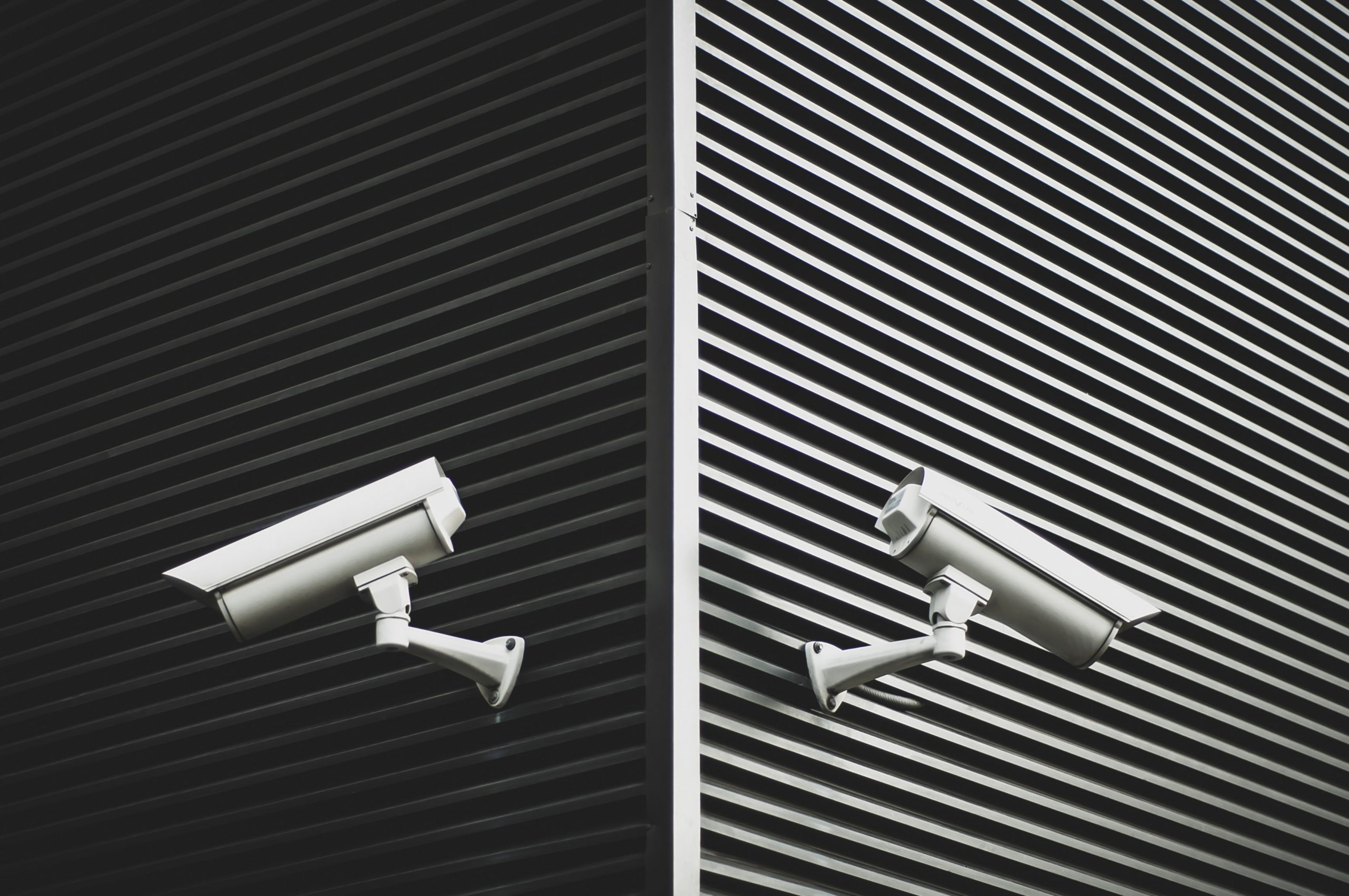It’s no surprise that protecting your property during the day is very different from protecting it at night (especially when using CCTV cameras) because CCTV cameras are just cameras that need light to see. When night falls and the sun is down, some cameras cannot produce images at long distance. The same is applied to cameras that are built for night mode, it cannot capture a clear image during the day. These are the main differences between daytime and night-time security when installing a video surveillance system.
Daytime Security

During the day, the light is on your side. CCTV cameras have plenty of sunlight to illuminate the sensors and provide clear images. However, this does not mean that there are no problems. For safety, please consider the location during the day, especially the location of cameras in your room. If the camera is pointing directly to sunlight, the image will be overexposed, making it difficult to observe. Reflective objects such as fountains, ponds, and windows have similar effects. Before installing the CCTV system, please make sure that your camera is not exposed to direct sunlight at any time of the day. installing cameras under the eve (outdoor) or keeping cameras in the shading area (indoor) can help reduce glare in sunny areas.
For businesses, the day is usually the busiest time. Given how many people come in from the front door, deliver goods from behind, employees run and the cars in the parking lot, there is a lot to do. High-resolution cameras are essential to capture every detail of a busy day. Otherwise, you won’t be able to see the person in the store putting the item on the shelf or on the license plate of the car that hit you. If you have enough lighting conditions; you can use them too!
Nighttime Security

The biggest problem with night safety is of course insufficient light. The camera needs light to work. Therefore, in the absence of light, observation is difficult. Fortunately, there are many low-light monitoring options that can be seen even in the darkest darkness. The most popular night vision solution is an infrared camera. IR stands for infrared, a longer-wave form of light that is invisible to humans. Infrared cameras do not see in visible light like standard cameras, but in the infrared range, so they can be seen perfectly in the dark. Many people can even use infrared radiation to illuminate the area so the objects can be seen even in complete darkness. The disadvantage of infrared cameras is their range. Even with a night vision camera, it is difficult to see far in the dark. When setting up the cameras at night, make sure they don’t have to travel very far. They are most suitable for small alleys, corridors, porches and rooms. Therefore, to get the best night vision outdoors, you need a thermal imager. Just as thermal imaging cameras use infrared, thermal imaging cameras also use heat to create images. It is the best, so it is mainly used for peripheral scanning, and recently it has been used to detect COVID-19. You may not see the people in the video, but you can see them from a few miles away (depending on the lens).
Flexible Solutions

If you are looking for a camera that can accomplish all these tasks, look for a CCTV system with an infrared feature. During the day, the thermal imaging camera wears out and cannot play high-quality videos. Infrared filters are like sunglasses. In the sun and daytime for you, the IR feature covers the camera lens and blocks the excess infrared rays, so that the camera can see full colour as a standard camera. At night, the filter will rise and let all infrared light through for the best night vision effect. Some CCTV systems are equipped with sensors that can recognize light conditions and can automatically raise and lower the IR filter accordingly. Then, regardless of the lighting conditions, you know that your property is protected all day and night.
Trantech Security: Trusted CCTV Wholesaler in Melbourne and Sydney
Security during the day and security at night face different challenges. In the daytime, concentrate on the sun’s direction to avoid glare and place the camera where you can get the best images. Following that, make sure you have a camera that can handle low light at night. Imagine your cameras like the eyes, they will not work properly if they can’t see.
So now, check your location of the current CCTV system. If you have trouble with optimal CCTV installation points, it helps to have an expert on your side. The team at Trantech Security has served Melbourne and Sydney businesses and projects for decades, helping them secure their properties and give them peace of mind. If you need help with CCTV installation or just have some questions about your security options, contact us now!
---
We feel these are a great addition to complete any security system and one of the best proactive solutions you can invest in. Trantech Security Wholesaler is proud of being the top wholesaler that provides useful knowledge to all readers, which bring benefits for both customers and the security community.
If you enjoyed the article or found it useful, give us a like, don’t forget to register to our website for more content. For more information on products, compatibility, availability, or tech support for already purchased products, please give us a call at (02) 8722 0348 (Sydney showroom) or (03) 9079 5566 (Melbourne HQ), and until next time Stay Safe!


